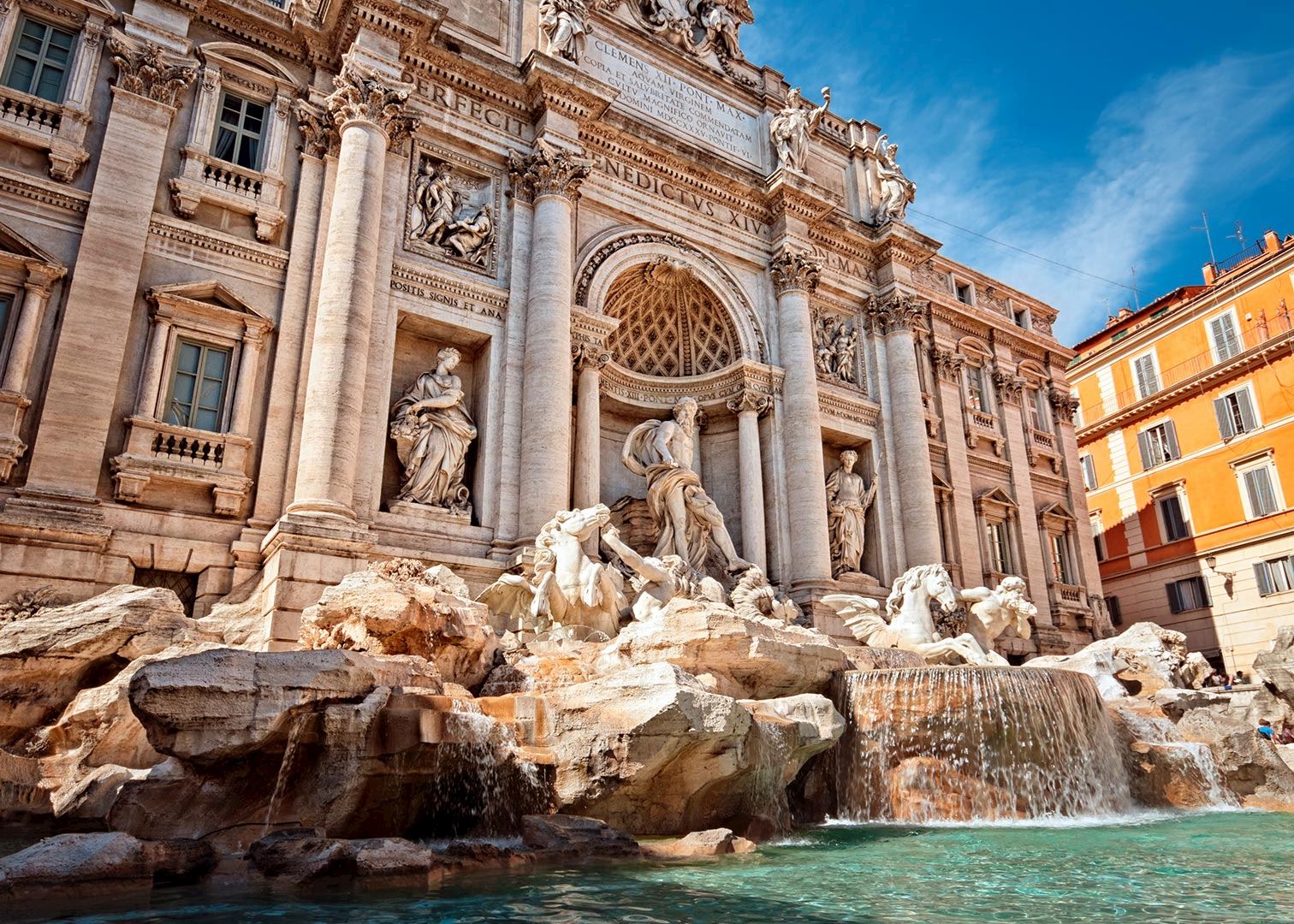Practical Information
Planning your trip
Even though Germany is a popular destination, we still apply our personal philosophy when designing an itinerary for you. We listen to you to figure out what you want when you visit and then look at what the country has to offer — only then do we craft an itinerary to suit your needs and interests. We can help you avoid the crowds and discover the country using our knowledge and expertise to tailor your every step.
Language
Reflecting its history as a conglomeration of different duchies, principalities and kingdoms, Germany speaks a variety of regional dialects that are roughly divided into Low and High German. You’ll also find Bavarian, Alemannic and Swabian dialects, each reflecting the region’s fierce pride.
English is widely spoken in the cities and in many of the rural areas, as well.
Food & drink
Across Germany, you’ll find hearty, filling meals built around staples like beer, Spätzle, potatoes, bread and meat, especially sausages. You’ll find more than 1,500 varieties of sausage, ranging from traditional Bratwurst to modern fusions like Currywurst. But, as with the language, each region boasts a distinctive cuisine that reflects its local character.
Beer is popular across the country, of course, and there are purity laws to ensure it’s always brewed in the traditional manner. Bavaria, in particular, has a strong history of brewing. Riesling wine originated in the Rhine Valley, and the Black Forest is known for its eponymous ham and cake. Along the French border, look for Flammkuchen, a pizza-like dish.
In addition to traditional food, the cities have a wide selection of international restaurants. In particular, you’ll find plenty of Italian, French and, in Berlin, Vietnamese restaurants, all reflecting the influences from the many immigrants of those countries.
Festivals & holidays
Most of the ten official holidays reflect Germany’s strong Christian tradition, though the country also celebrates German Unity Day on 3rd October and International Workers’ Day on 1st May.
The country’s best-known festival, Oktoberfest, is held in Munich and runs from late September until the first Sunday in October. You’ll also find Karneval celebrations during the run-up to Ash Wednesday in Cologne and Christmas markets across the whole country during December. Your specialist can help you choose the best markets for you.
Each February, the capital hosts the Berlin International Film Festival, known as the Berlinale.
Tipping
Germany uses the euro exclusively and cash is the preferred currency across the country — many restaurants and bars, even in the cities, won’t accept credit cards.
Plan to tip 10% at restaurants, and €20 to your guide on a half-day tour; €40 for full-day tours.
Communications
Germany’s country code is +49. We suggest that you speak to your phone provider before you visit to purchase international data packages. Wi-Fi is widely available in all hotels and most restaurants, especially in the cities, but you may find coverage spotty as you go higher into the mountains.
Travel Advice
Our country specialists can advise on any safety concerns you may have. For current information, please refer to the .
When to go to Germany
You'll find temperature and rainfall information, together with a month-by-month guide on visiting, on our guide for when to go to Germany.
More Information
-
Flight Time
2 hours upwards dependent on airline (London to Munich) -
Time Zone
UTC +1

